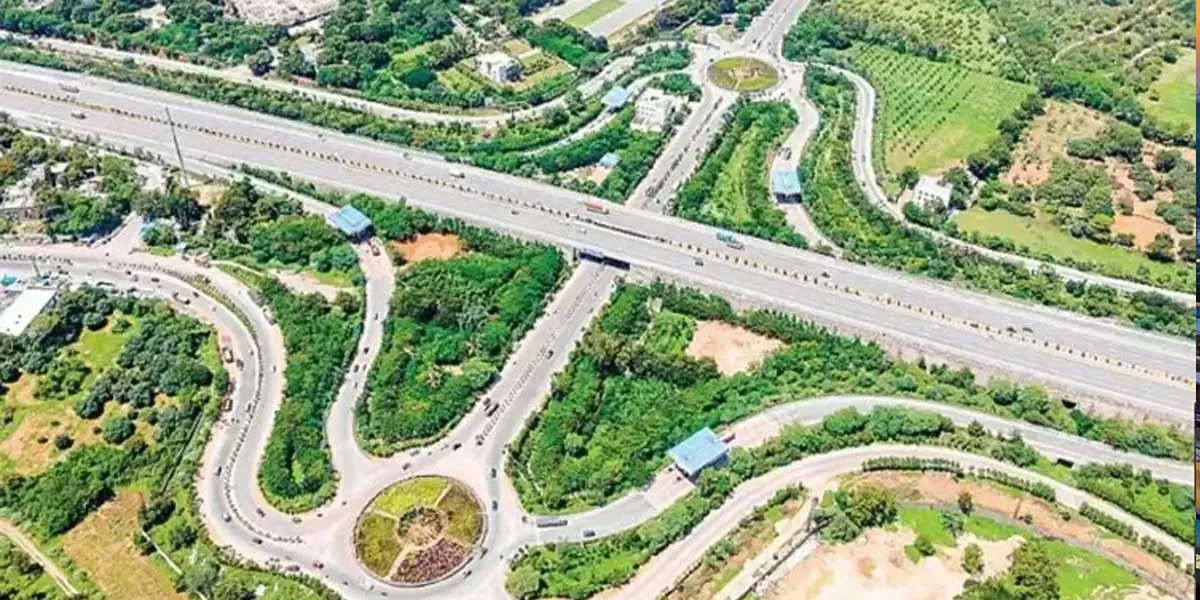The total cost for the entire 83 km inner ring road project is estimated to be around Rs 142 billion. Bhalkar noted that the district collector's office has completed the joint survey and will proceed with the valuation for this phase, with villagers having consented to provide their land. The detailed project report (DPR), reviewed by a third-party organization COEP, is ready for execution.
The inner ring road is expected to facilitate faster access to highways, bypassing city traffic and reducing congestion. This 83.12 km road was proposed by the state government to alleviate traffic congestion caused by heavy vehicles. The state government had previously permitted relaxation in the social impact assessment stage to expedite the project.
The first phase, covering about 5 km, will require acquiring 28 hectares of land from the villages of Solu, Wadgaon Shinde, and Nirgudi. Specifically, 13.17 hectares will be acquired from Solu, 9.32 hectares from Nirgudi, and 5.71 hectares from Wadgaon Shinde. The land will be acquired either through direct purchase or the Compulsory Land Acquisition Act.
For the complete 83.12 km inner ring road, approximately 743.41 hectares of land will be acquired from 44 villages across Khed, Haveli, Mulshi, and Maval talukas in Pune district. This road will connect Pune-Satara Road with Nagar Road, redeveloping around 42 connecting roads. The project will include 17 bridges and 10 tunnels, with a 65-meter width accommodating 5 meters for Metro tracks. The second phase will span approximately 1,301 survey numbers across 44 villages and will require about 720 hectares of land. A land acquisition proposal for this phase has been submitted to the Pune collector?s office.


